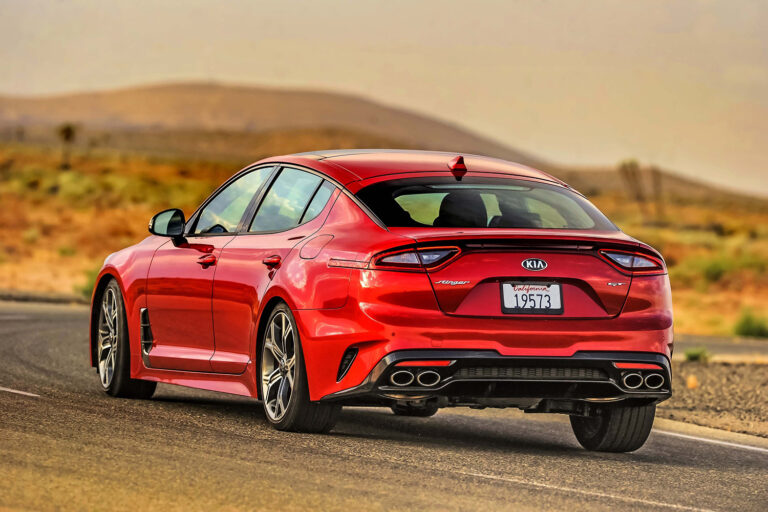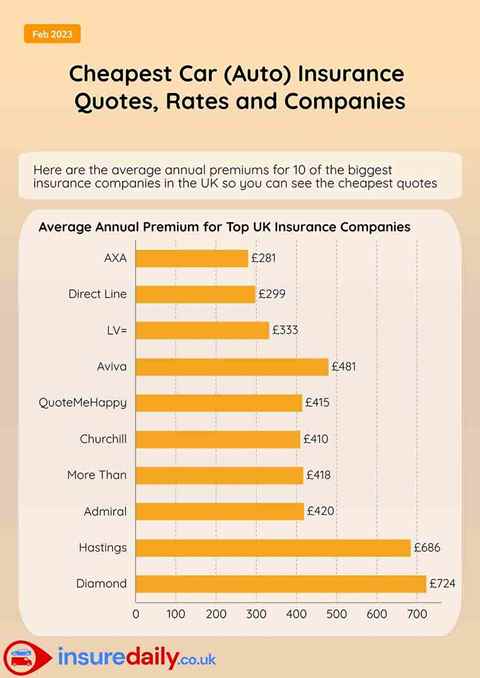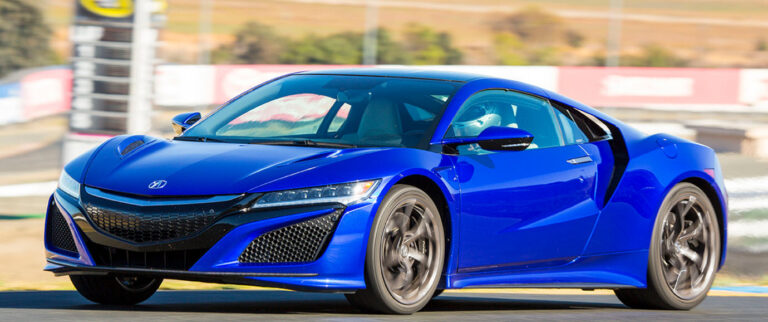German Luxury Car Brands: A Comprehensive Guide to Automotive Excellence
German Luxury Car Brands: A Comprehensive Guide to Automotive Excellence cars.truckstrend.com
In the pantheon of global automotive manufacturing, German luxury car brands stand as undisputed titans. Synonymous with precision engineering, cutting-edge technology, exhilarating performance, and unparalleled comfort, these marques have consistently set the benchmark for what a premium vehicle should be. They represent not just a mode of transport, but a statement of status, a commitment to quality, and an appreciation for the art of driving. For decades, the phrase "German engineering" has been a byword for reliability, innovation, and an unwavering pursuit of perfection, making these brands highly relevant and desirable across the globe. This guide delves into the essence of German luxury, exploring the characteristics that define these automotive masterpieces and offering insights for prospective owners.
The Pillars of German Automotive Excellence
German Luxury Car Brands: A Comprehensive Guide to Automotive Excellence
When discussing German luxury cars, three names immediately spring to mind: Mercedes-Benz, BMW, and Audi. Often referred to as the "Big Three," these manufacturers dominate the premium segment with their distinct philosophies and formidable lineups. Each brand has cultivated a unique identity, appealing to different facets of the luxury car buyer’s psyche, yet all share a common thread of uncompromising quality and innovation. Beyond these giants, other specialized brands like Porsche elevate the performance and ultra-luxury segments, cementing Germany’s reputation as a global leader in high-end automotive production.
Mercedes-Benz: The Epitome of Luxury and Innovation
Mercedes-Benz, with its iconic three-pointed star, is arguably the oldest and most established luxury automotive brand globally, tracing its roots back to the invention of the automobile itself. It embodies a philosophy of "The Best or Nothing," focusing on pioneering technology, supreme comfort, and an undeniable sense of prestige.
- Key Characteristics: Mercedes-Benz vehicles are renowned for their plush interiors, advanced safety features, sophisticated infotainment systems, and a ride quality that prioritizes serene comfort. The S-Class sedan, in particular, is often considered the global benchmark for luxury and technological advancement.
- Diverse Lineup: From compact sedans like the A-Class and C-Class to the executive E-Class and flagship S-Class, Mercedes offers a full range of sedans. Their SUV lineup, including the GLC, GLE, and GLS, caters to the growing demand for versatile luxury. The AMG performance division injects raw power and track-ready dynamics into many models, while the EQ sub-brand spearheads their ambitious push into electric vehicles, promising a silent, sustainable luxury experience.
- Brand Image: Mercedes-Benz appeals to buyers who seek traditional luxury, an established pedigree, and a strong emphasis on comfort, safety, and technological sophistication. It’s often associated with a refined, mature, and success-driven clientele.
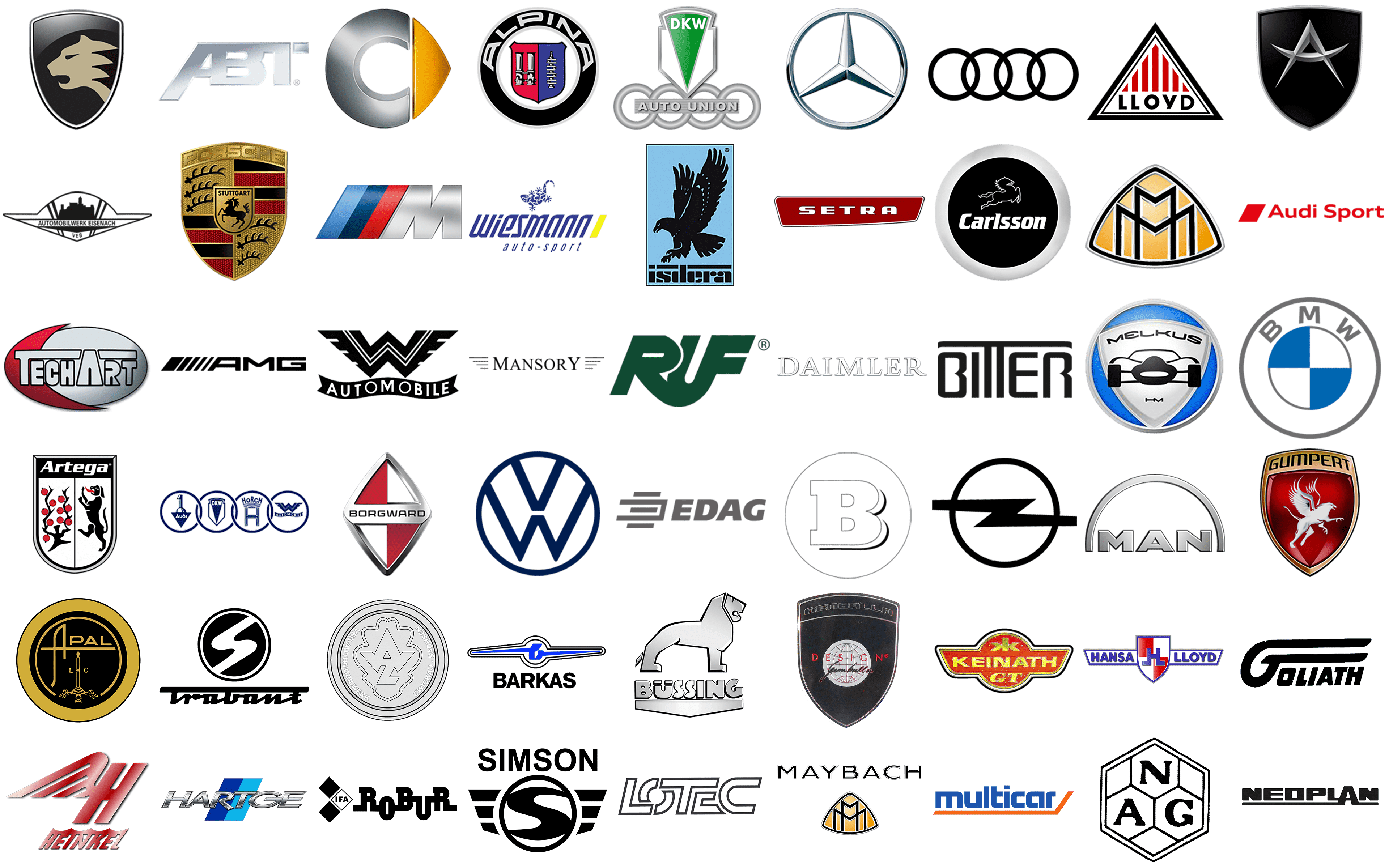
BMW: The Ultimate Driving Machine
BMW, or Bayerische Motoren Werke, has long championed the slogan "The Ultimate Driving Machine." This mantra perfectly encapsulates the brand’s core philosophy: a relentless pursuit of driving pleasure, performance, and dynamic handling. BMW cars are engineered to connect the driver intimately with the road, delivering an engaging and spirited experience.
- Key Characteristics: BMW vehicles are celebrated for their perfectly balanced chassis, responsive steering, powerful inline-six and V8 engines, and rear-wheel-drive bias (though xDrive AWD is widely available). The distinctive kidney grille and Hofmeister kink are instantly recognizable design elements. Their interiors, while luxurious, tend to have a more driver-centric layout compared to some rivals.
- Diverse Lineup: The numerical series (1, 2, 3, 4, 5, 6, 7, 8) denote their car segments, from compact to grand tourers and luxury sedans. The X series (X1 to X7) covers the full spectrum of luxury SUVs. The M performance division takes their already sporty models and elevates them to supercar-baiting levels, while the ‘i’ sub-brand offers innovative electric and plug-in hybrid vehicles like the i4 and iX.
- Brand Image: BMW attracts enthusiasts who prioritize driving dynamics, spirited performance, and a modern, sporty aesthetic. It’s often favored by individuals who enjoy being actively involved in the driving experience and appreciate cutting-edge design.
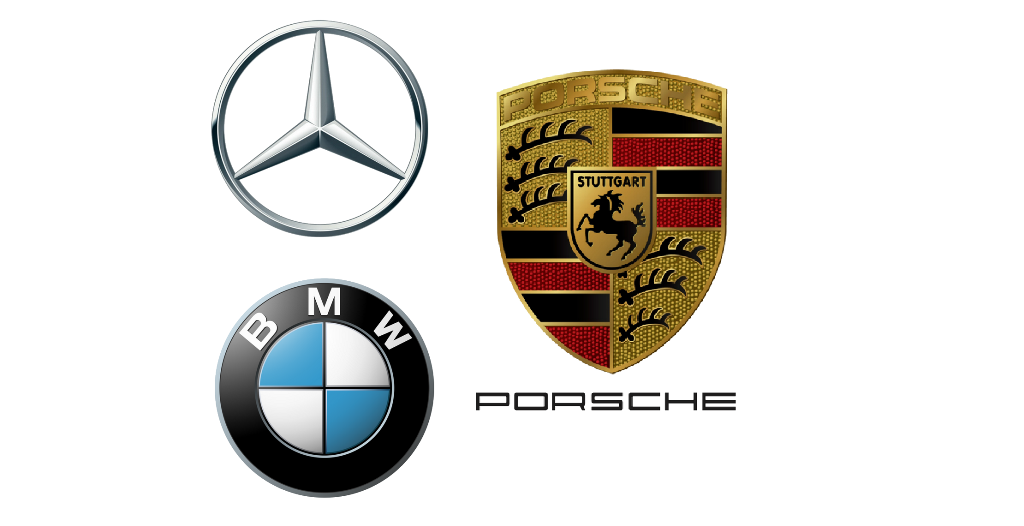
Audi: Vorsprung durch Technik (Advancement through Technology)
Audi, with its four interconnected rings, prides itself on "Vorsprung durch Technik," which translates to "Advancement through Technology." This philosophy permeates every aspect of their vehicles, from innovative quattro all-wheel-drive systems to state-of-the-art digital cockpits and sophisticated lighting technologies.
- Key Characteristics: Audi cars are known for their meticulously crafted interiors, featuring premium materials, precise fit-and-finish, and an intuitive, futuristic approach to technology. Their design language is often characterized by clean lines, understated elegance, and a strong presence. The legendary quattro all-wheel-drive system provides exceptional grip and handling in all conditions.
- Diverse Lineup: Audi’s model range mirrors its rivals, with A-series sedans (A3, A4, A6, A8), Q-series SUVs (Q3, Q5, Q7, Q8), and a range of Sportback and Avant (wagon) body styles. The high-performance RS models deliver exhilarating power, while the e-tron line offers a growing portfolio of fully electric vehicles, showcasing their commitment to sustainable luxury.
- Brand Image: Audi appeals to buyers who value sophisticated design, cutting-edge technology, exceptional build quality, and a sense of understated luxury. They are often chosen by those who appreciate refined aesthetics and innovative features without ostentation.
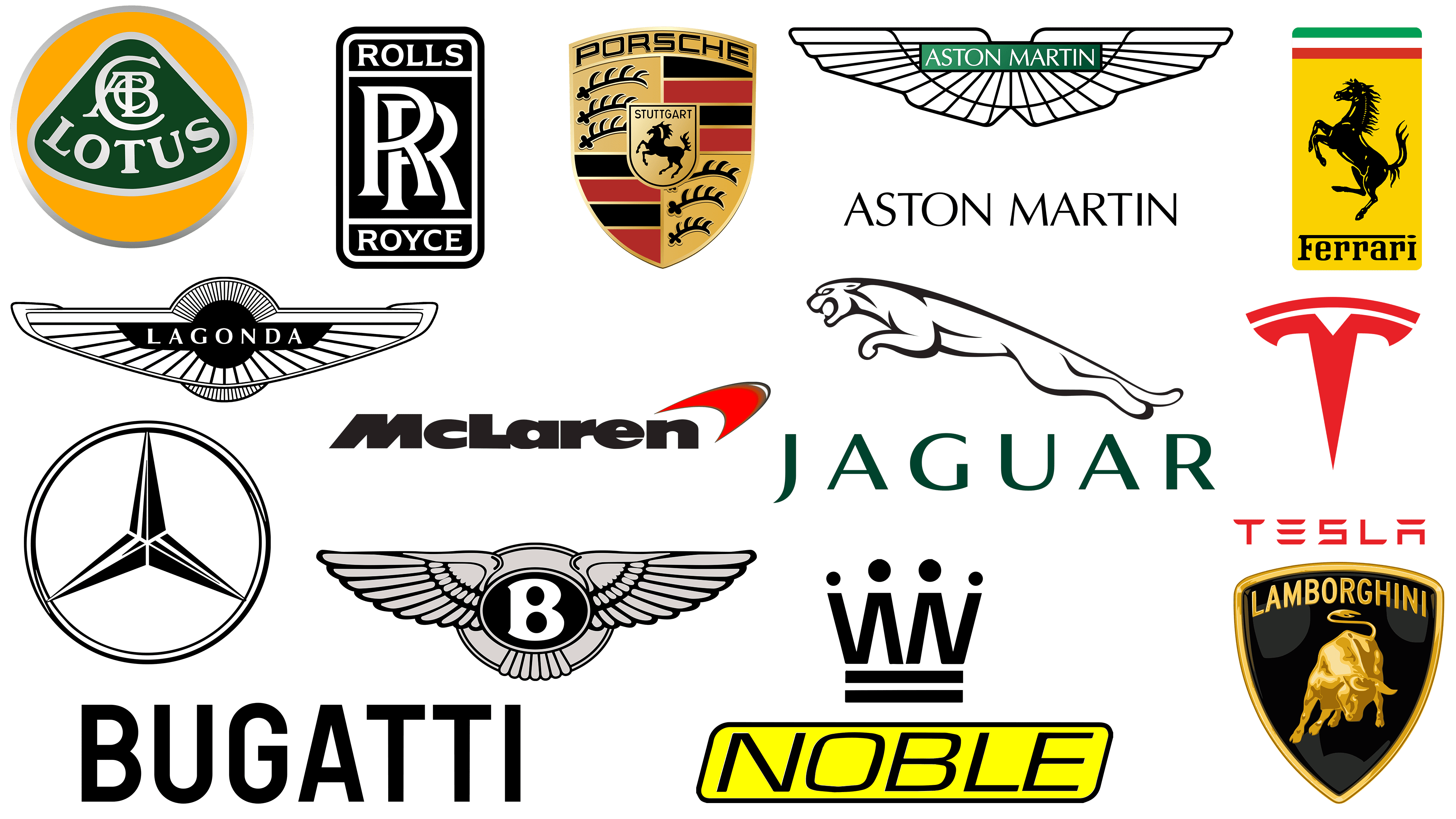
Beyond the Big Three: Porsche and Others
While Mercedes-Benz, BMW, and Audi form the core of German luxury, other brands contribute significantly to the country’s automotive prestige:
- Porsche: An icon of sports car engineering, Porsche seamlessly blends racetrack performance with surprising everyday usability. Models like the legendary 911, the practical Cayenne and Macan SUVs, and the revolutionary Taycan electric sportscar exemplify precision, power, and peerless driving dynamics. Porsche offers a more focused luxury experience, centered around performance and driving purity.
- Maybach: Re-established as an ultra-luxury sub-brand of Mercedes-Benz, Maybach vehicles represent the pinnacle of automotive opulence. They offer unparalleled comfort, handcrafted materials, and bespoke features, catering to an exclusive clientele seeking the ultimate in chauffeured luxury.
- Performance Divisions: It’s also worth noting the critical role played by the in-house performance divisions: AMG for Mercedes-Benz, M for BMW, and RS for Audi. These divisions take standard luxury models and transform them into high-performance machines, offering an intoxicating blend of speed, handling, and luxury.
Why Choose a German Luxury Car? Key Benefits
The allure of German luxury cars extends beyond mere brand prestige. Several tangible benefits contribute to their enduring popularity:
- Engineering Excellence and Reliability: German manufacturers are renowned for their meticulous engineering, rigorous testing, and high manufacturing standards. While individual experiences vary, the foundational design and build quality are typically robust, leading to a perception of reliability and longevity.
- Performance and Driving Dynamics: Whether it’s the exhilarating acceleration of a BMW M car, the composed power of a Mercedes-AMG, or the all-weather grip of an Audi quattro, German luxury cars consistently deliver impressive performance and a highly engaging driving experience.
- Premium Materials and Craftsmanship: Interiors are a sanctuary of luxury, featuring high-grade leather, real wood or metal accents, and impeccable fit and finish. Every detail is meticulously crafted to create an atmosphere of sophistication and comfort.
- Cutting-Edge Technology and Safety: German brands are pioneers in automotive innovation, consistently introducing advanced infotainment systems, sophisticated driver-assistance technologies (ADAS), and robust safety features that often set industry standards.
- Resale Value and Brand Prestige: While depreciation is a factor for any car, German luxury brands tend to hold their value relatively well compared to some other luxury segments due to strong demand and perceived quality. The prestige associated with owning one also contributes to their appeal.
Important Considerations and Practical Advice
While the benefits are compelling, potential owners should be aware of certain practical considerations:
- Cost of Ownership: The initial purchase price is just the beginning. German luxury cars typically have higher maintenance costs, more expensive parts, and often higher insurance premiums compared to mainstream vehicles.
- Depreciation: Although better than some, luxury cars still depreciate significantly, especially in the first few years.
- Maintenance: These vehicles often require specialized tools and diagnostic equipment, making independent mechanics a more challenging option, though reputable specialists do exist. Sticking to dealer service or certified independent shops is advisable.
- Technology Learning Curve: The advanced infotainment systems and driver-assistance features can be complex to master initially.
- Choosing the Right Model: Consider your needs (family, daily commute, performance), budget (purchase and running costs), and lifestyle. Test-drive multiple models across brands to find the one that best suits your preferences.
- New vs. Used: Buying certified pre-owned (CPO) can offer significant savings while still providing a warranty and peace of mind. Newer models will feature the latest tech but come at a premium.
Challenges and Solutions
- High Purchase Price:
- Solution: Explore certified pre-owned (CPO) programs, which offer significant savings and often come with extended warranties. Leasing can also be an attractive option for those who prefer to drive new models every few years without the long-term commitment of ownership.
- High Maintenance and Repair Costs:
- Solution: Budget specifically for maintenance. Consider purchasing an extended warranty (from the manufacturer or a reputable third party) for older models. Research reputable independent specialists in your area who might offer more competitive labor rates than dealerships while still using genuine parts. Regular, proactive maintenance can prevent more costly repairs down the line.
- Complex Technology:
- Solution: Spend time familiarizing yourself with the vehicle’s manual and infotainment system. Many dealerships offer technology walkthroughs, and online forums or YouTube tutorials can provide helpful guidance. Most systems are intuitive once the basics are understood.
- Environmental Concerns:
- Solution: German brands are at the forefront of electrification. If environmental impact is a concern, explore their growing range of hybrid and fully electric models (e.g., Mercedes-EQ, BMW i, Audi e-tron), which offer luxury with reduced emissions.
Representative Pricing Table for German Luxury Car Brands
Please note: Prices are approximate starting Manufacturer’s Suggested Retail Prices (MSRPs) for base models in the U.S. market and are subject to significant variation based on trim levels, optional features, taxes, destination fees, and market conditions. This table is for illustrative purposes only.
| Brand | Representative Model (Entry-Level) | Starting MSRP (Entry-Level) | Representative Model (Flagship/Performance) | Starting MSRP (Flagship/Performance) |
|---|---|---|---|---|
| Mercedes-Benz | C 300 Sedan | ~$48,000 | S 580 Sedan | ~$125,000 |
| AMG GT 63 S 4-Door Coupe | ~$175,000 | |||
| BMW | 230i Coupe | ~$39,000 | 740i Sedan | ~$96,000 |
| M8 Competition Coupe | ~$140,000 | |||
| Audi | A3 40 TFSI Sedan | ~$36,000 | A8 55 TFSI quattro | ~$91,000 |
| RS Q8 | ~$128,000 | |||
| Porsche | Macan | ~$61,000 | 911 Carrera S | ~$129,000 |
| Taycan Turbo S | ~$195,000 |
Disclaimer: All prices are subject to change and do not include destination charges, taxes, title, license, options, and dealer fees. Actual prices may vary.
Conclusion
German luxury car brands represent the pinnacle of automotive engineering, design, and performance. Whether you prioritize serene comfort and pioneering technology with Mercedes-Benz, exhilarating driving dynamics with BMW, or sophisticated design and technological advancement with Audi, there is a German luxury vehicle to suit your desires. Brands like Porsche further elevate the experience for performance enthusiasts, while Maybach caters to the ultra-luxury segment. While ownership comes with a premium, the investment often translates into an unparalleled driving experience, cutting-edge safety, and the undeniable prestige that accompanies these revered marques. For those seeking the ultimate blend of luxury, performance, and innovation, German luxury cars remain the gold standard, continually pushing the boundaries of what is possible on four wheels.
Frequently Asked Questions (FAQ)
Q1: Are German luxury cars reliable?
A1: While German luxury cars are built with high-quality components and precision engineering, their reliability can be a nuanced topic. They are designed for high performance and advanced features, which can sometimes lead to more complex systems that may require specialized maintenance. Modern German cars, however, generally offer good reliability, especially if regularly serviced according to manufacturer guidelines. Perceptions of high repair costs often stem from the complexity of parts and specialized labor rates, rather than a fundamental lack of reliability.
Q2: Why are German luxury cars so expensive to maintain?
A2: Several factors contribute to higher maintenance costs. Parts are often proprietary and engineered to high specifications, making them more expensive than those for mass-market vehicles. The advanced technology and complex systems require specialized diagnostic tools and highly trained technicians, leading to higher labor rates at dealerships or specialized independent shops. Regular, proactive maintenance is crucial and can be costly, but it helps prevent more significant, expensive repairs down the line.
Q3: Which German luxury car brand is best?
A3: There’s no single "best" brand, as it depends entirely on individual preferences and priorities.
- Mercedes-Benz excels in traditional luxury, comfort, and pioneering technology.
- BMW is favored by driving enthusiasts for its sporty dynamics and engaging performance.
- Audi stands out for its sophisticated design, cutting-edge technology (especially AWD and digital cockpits), and high-quality interiors.
- Porsche is the choice for pure sports car performance and precision.
The "best" brand is the one that aligns most closely with your personal driving style, aesthetic taste, and feature preferences.
Q4: Do German luxury cars hold their value well?
A4: Generally, German luxury cars hold their value relatively well compared to some other luxury and mainstream brands, particularly for desirable models and trims. However, like all vehicles, they experience significant depreciation, especially in the first 3-5 years. Well-maintained cars with clean histories and popular options tend to fare better. Models from performance divisions (AMG, M, RS) or iconic vehicles (like the Porsche 911) often retain a higher percentage of their original value.
Q5: Are German luxury cars good for daily driving?
A5: Absolutely. Most German luxury cars are designed to be excellent daily drivers. They offer comfortable rides, advanced safety features, sophisticated infotainment systems, and ample cabin space, making long commutes or family trips enjoyable. While performance models might have a firmer ride, the standard models of Mercedes-Benz, BMW, and Audi offer a superb balance of luxury, comfort, and usability for everyday driving.
Q6: What is the main difference between Mercedes-Benz, BMW, and Audi?
A6: The main differences lie in their core philosophies and driving characteristics:
- Mercedes-Benz: Focuses on ultimate comfort, refinement, luxury, and pioneering safety/infotainment technology. Often seen as more traditional and elegant.
- BMW: Emphasizes driving dynamics, sporty handling, and a more driver-centric experience. Known for powerful engines and a more athletic feel.
- Audi: Prioritizes cutting-edge technology, sophisticated design, and exceptional interior quality, often with a more understated elegance and a strong focus on their quattro all-wheel-drive system.

